So many women believe that however our cycles/periods progress is how it is. There’s nothing much we can do about it besides taking painkillers and other medications and just waiting for it all to be over. I want you to do better than that. I want you to know you have options! If you’d rather control your cycle than let it control you, then this is what you want to understand. First of all, most women don’t have a very good understanding of what exactly is going on in their body. We’ll go over that first, then speak to some of the natural options that can help improve your overall hormonal experience. Most women know the average cycle is 28 days, but there can be some normal variation in that, where your cycle is a little longer or shorter. This is only a ‘problem’ if it creates a problem. If your cycle is regular/consistent then whether it is 28, 30 or 25 days doesn’t matter too much.
Obviously this is a very short overview of the cycle, but it highlights the main transition points and key items occurring at each time period. The reason for this, is I talk to women all the time who have very little understanding of what is happening when during their menstrual cycle. Unless you’ve begun researching the female reproductive cycle because you’re concerned about your fertility, most women fall in the category of knowing very little about what’s happening inside their own bodies. The more you know, the more you can understand what’s going on, and how you can address issues that come up surrounding your cycle. Clearly I won’t be able to address every single issue in this post that can happen or ‘go wrong’ with the cycle, but I will make some suggestions about possible natural things you can do to help minimize problems from occurring. The following are just 3 recommendations I often make to my patients:
Natural Treatment Options: Then of course there's also the additional therapies we can add to help correct the body's imbalances should it need that extra support.
I hope that you find this information helpful. If you have more questions about your own cycle, how you can regulate it better or any other women's health related concerns please get in touch with me through my clinic or email me through my contact me page. I am here to help! Note: Talk to your Naturopathic Doctor today about getting assessed and treated if needed, and as always talk to your health care provider before beginning any new medication or supplement. This information is not meant to replace the advice/guidance of a medical professional, nor should it be acted upon by individuals unsupervised by the appropriate healthcare provider.
1 Comment
When Do We Start Focusing on Healthy Pregnancy? Realistically, it’s never to early to start planning for a healthy pregnancy! This is true because a healthy pregnancy technically starts long before conception even happens. If we want to live our best lives, and give our kids the opportunity to live their best lives then regardless of pregnancy, you are always trying to be your best or your healthiest version of you! That being said, just because you ate chips and drank pop and stayed out until all hours of the night as a teenager and into your twenties doesn’t mean you’ve missed your window of opportunity to have a healthy baby. Just means the sooner you can start, the better and it’s never too late to improve your health.
Building a Healthy Gut In order to establish a healthy gut, there are a few helpful things you can do. Avoid antibiotics, for yourself and your baby, unless absolutely necessary. Ensure you eat a whole foods diet with some fermented foods included. From time to time, take a good quality probiotic. The more research is done on the gut/microbiome, the more we realize we cannot get everything we need to grow and maintain a healthy gut from diet alone. Therefore, optimizing both diet and occasionally supplementing as needed is likely the best strategy.
Bare Bones of a Healthy Diet I often get asked, ‘what is the best diet?’ I will still likely answer ‘it depends’, but there are some commonalities between the diet plans that are worthwhile. Generally speaking the typically incorporate 4 things:
Have questions about having a healthy pregnancy or how to improve your health overall? Please email me through the website ‘contact’ page or get in touch with me directly. Note: Talk to your Naturopathic Doctor today about getting assessed and treated if needed, and as always talk to your health care provider before beginning any new medication or supplement. This information is not meant to replace the advice/guidance of a medical professional, nor should it be acted upon by individuals unsupervised by the appropriate healthcare provider.
When women were surveyed about stress related to work these were the results: Women were more likely than men to report work stress — 28 per cent said they had high-strain positions and 17 per cent said they had low-strain jobs, while 20 per cent of men reported high-strain jobs and 24 per cent said they had low-strain positions. (CBC News, 2007). One-third of women surveyed said they were a bit or extremely stressed most days at work — versus 29 per cent of men (CBC News, 2007).
I am here to suggest another way of looking at self care for you super powered women. Instead of seeing it as ‘it’s all about me’ time, think of it as a necessary task that deserves time and space on your to-do list in order for you to better care for your family. Take a moment and think about that for a second. I know, it seems strange to think of ‘me time’ or self care time as caring for your loved ones, but it’s true. If you are completely exhausted, no energy, nothing left to give of yourself, what kind of ‘care’ could you possibly be providing for your family?
Then I ask them what’s the quality of that interaction? Do you have the time and space to be patient with your kids when they are attempting to drive you insane? What’s your relationship with your husband/partner like? If this at all describes you, you know what the answers are already. You lose your temper easily, when you don’t mean to. You love your kids, but you are at the point where you do what you do for them begrudgingly. What relationship with my husband? I’m lucky if I see him, forget spending anything that resembles quality time with him.
Have more questions about what Naturopathic Medicine can do for you and your family? Take advantage of our 15 minute consults to find out more today. References: CBC News: Technology & Science. (2007). Work stress leads to increased absenteeism, disability: StatsCan. Retreived May 27, 2017: http://www.cbc.ca/news/technology/work-stress-leads-to-increased-absenteeism-disability-statscan-1.636782
Well that has to do with the composition and state of the small and large intestine. There’s anywhere from about 10-100 billion microbes present in the small and large intestine. This helps us understand why giving a probiotic or eating fermented foods makes a difference, because there’s enough probiotics present in the average capsule to replenish and encourage growth of good bacteria. Also, the small intestine is approximate 20 ft long, so it houses about 95% of the bacteria that live in our intestines. The large intestine on the other hand is only 4 ft long, but because things are moving much slower through the large intestine the bacteria layer in the mucosa can be up to 200 cells thick, compared to 1 cell thick in the small intestine. This allows this shorter stretch of organ to still accommodate 10-100 billion microbes. Research: As I mentioned before there are many studies that have been done and are currently being done on the effects of probiotics and the microbiome as a whole. If you did a simple google or pubmed search you would come up with 1000s of results. I can’t summarize all of them, but here are a few highlights: INFANTS AND PROBIOTICS Eczema, asthma and allergy have become much more of a problem over the past few decades than they ever were before. In the Swansea baby Allergy Prevention Trial they looked to see if intervening with probiotics at an early age could reduce the incidence of allergy, and atopic conditions by extension. The intervention was given to newborns for the first 6 months after birth. The outcome was a follows: Placebo group: Almost 10% of infants had atopic eczema at 6 months; Approximately 13% of infants had atopic eczema at 2 years. Probiotic group: Approximately 3% of infants had atopic eczema at 6 months; almost 6% of infants had atopic eczema at 2 years. The overall reduction of infants with allergy was 57% at 2 years. Remember, they only received treatment for the first 6 months. This demonstrates that the positive benefit of intervention goes beyond the intervention period. PROBIOTICS AND ANTIBIOTICS Most people are aware that we should take probiotics when we take an antibiotic. However, how much, when and for how long make a difference? One study, The Cambridge Clostridium difficile trial looked at the impact of probiotics to prevent/reduce C. difficile infection and associated diarrhea in patients receiving antibiotics. The outcome was as follows: Antibiotic/Placebo group: When tested at Day 28 they still had overgrowth or dysbiosis present Antibiotics followed by probiotic: They had a growth of bacteria up to Day 7, but then at Day 28 there was a significant decrease in bacterial overgrowth Antibiotics with Probiotics: There was no overgrowth of bacteria at Day 7 or 28 because the probiotics were present throughout antibiotic treatment This study demonstrates that by taking probiotics while receiving antibiotics you can decrease the chances of bacterial overgrowth occurring at all. However, it is still beneficial to intervene with probiotics later on as it will help to bring bacterial overgrowth under control.
Choices: Making sense of what’s available on the market As happens with most things in the market, as they get more popular there tends to be more people interested in developing a product for it. Over the last few years we’ve seen a huge increase in the number of probiotics available at the store. Knowing you have all these choices, how do you make the right choice for you? Well, there’s no short and easy answer to that. There are a number of factors you want to consider:
Knowing these things makes it much easier for you to select an appropriate probiotic. If you don’t know the answer to these questions or aren’t sure, then you may want to speak to a Naturopathic Doctor or other healthcare professional. When I go through this process with my patients, we figure out which probiotic (if any) might be best for them so it’s much easier to find what they need when they go to purchase a product from the health food store. Have questions about probiotics or how to improve your gut health overall? Please email me through the website ‘contact’ page or get in touch with me directly. Note: Talk to your Naturopathic Doctor today about getting assessed and treated if needed, and as always talk to your health care provider before beginning any new medication or supplement. This information is not meant to replace the advice/guidance of a medical professional, nor should it be acted upon by individuals unsupervised by the appropriate healthcare provider. References: Allen SJ et al 2014 Arch Dis Child Plummer et al 2005, Int J Antimicrob Agents 26
The Stats In the US: · Number of people in the U.S. who have either allergy or asthma symptoms: 1 in 5. · Percentage of the U.S. population that tests positive to one or more allergens: 55%. Internationally: The prevalence of asthma in different countries varies widely, but the disparity is narrowing due to rising prevalence in low and middle income countries and plateauing in high income countries.
Suffering from allergies can be a very irritating experience. If you or your child is suffering from allergies, it is best to take them to a Naturopathic Doctor who can perform a proper assessment and form a treatment plan that will address your/your child’s needs. Always speak to your health care provider before beginning any new medications or supplements. References: Allergy Statistics and Facts. WebMD. Reviewed by Johnson, K. (2012). http://www.webmd.com/allergies/allergy-statistics Asthma Statistics. American Academy of Allergy, Asthma & Immunology. http://www.aaaai.org/about-the-aaaai/newsroom/asthma-statistics.aspx Romm, A. 2003. Naturally Healthy Babies and Children: A Commonsense Guide to Herbal Remedies, Nutrition, and Health. Celestial Arts. Skowron, JM. 2009. Fundamentals of Naturopathic Pediatrics. CCNM Press. Print. |
Sarah Connors
I am a Naturopathic Doctor and Doula providing care in the Kitchener-Waterloo area. I have a passion for helping people with their health issues and improving the birth experience for Moms, and their babies. I also have a life long love affair with soccer, curling, and the alto saxophone. Archives
November 2020
Categories
All
|
Photos from Rural Royalty, manu flickr2010, Ryan Dickey, wocintechchat, huskyte77, paulswansen, Black Room Photography, harum.koh, Emery Co Photo, JeepersMedia, BrownGuacamole, wellnesswildflower, JeepersMedia, vastateparksstaff, colindunn, seelensturm, /\ \/\/ /\, 50mm.za, The Simpsons (Lee, Shirley, Luke and Rachel), AGRONAUTI, aivas14, Jonathan Rolande, winnifredxoxo, juhansonin, osseous, nan palmero, Theo Crazzolara, brianfagan, TP studio, wuestenigel, torbakhopper, anka.albrecht, Michael Stern, [-ChristiaN-], franchiseopportunitiesphotos, terren in Virginia, nateOne, barnimages.com, Dun.can, wuestenigel, @lattefarsan, amandabhslater, aphrodite-in-nyc, nutritionaldoublethink, Anne Worner, donnierayjones, mikecogh, angeloangelo, Rob.Bertholf, getaiwan, Lida Rose, matsuyuki, SurFeRGiRL30, marcoverch, amsfrank, mdaltry, nutrition education, Mike Prince, Edsel L, Neighborhood Nini, philipp.alexander.ernst, Mediocre2010, homethods, quinn.anya, Gamma Man, katerha, Eric Kilby, National Institutes of Health (NIH), rcmd_cfdfw_5_2, curtis palmer, Ray in Manila, frankieleon, Airsoftpal.com, byzantiumbooks, cchana, Brian Legate, Matt Lavin, BradHinton, monpetitchouphotography, wuestenigel, alexisjordanlewis, ByEPhotos, erix!, RLHyde, return the sun, quinn.anya, mliu92, frankieleon, loudista, Lyn Lomasi, upslon, derrickbrutel, cchana, National Institutes of Health (NIH), watts_photos, marcoverch, derrickbrutel, francesbean, weegeebored, Airsoftpal.com, Etwood, wu_135, shixart1985, Ingrid Taylar, VeritasFotografie, BioDivLibrary, emmanuelmorales1, Thanks for 1.5 Million Views!!, Will Merydith, reader of the pack, RoxyHobbs, Khanelle Prod' Medias, storyvillegirl, agromonitor, Arenamontanus, six:eleven, cote, SweetOnVeg, nenoirenediaz, lucianvenutian, markhillary, anotherlunch.com, inkknife_2000, archibald jude, rawtrigger, Imaginary Museum Projects: News Tableaus, Pavel P., Courtney Emery, Thien Gretchen, physiognomist, bark, Michigan Municipal League (MML), alberth2, Merelymel13, neofob, Care_SMC, Parker Knight, B*2


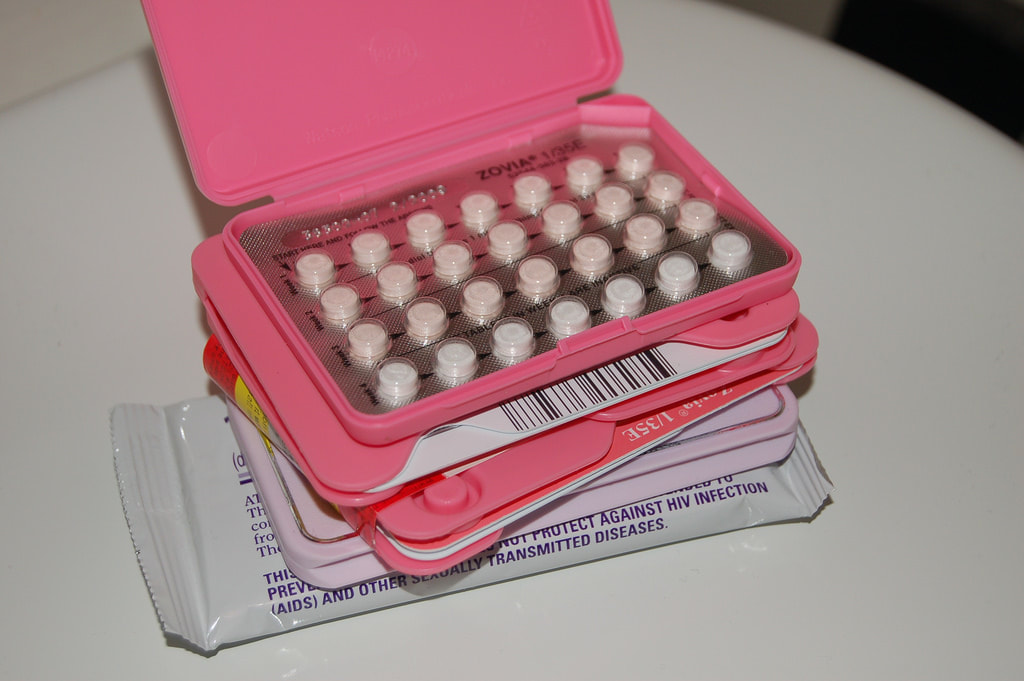



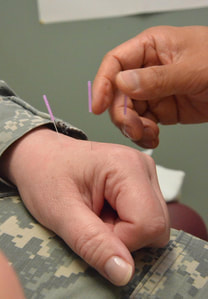
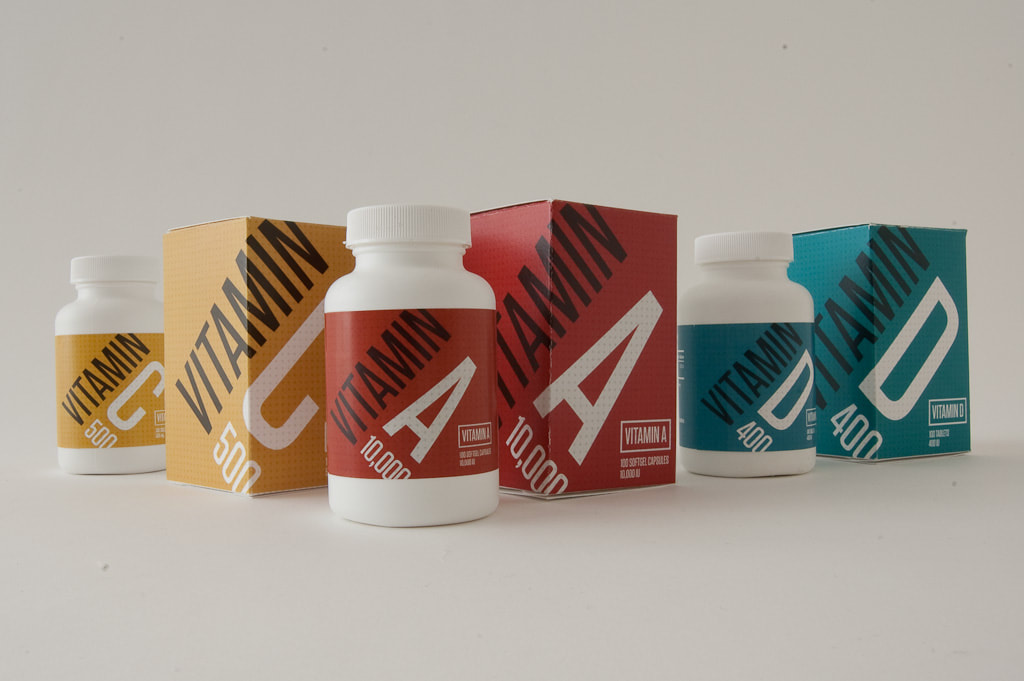


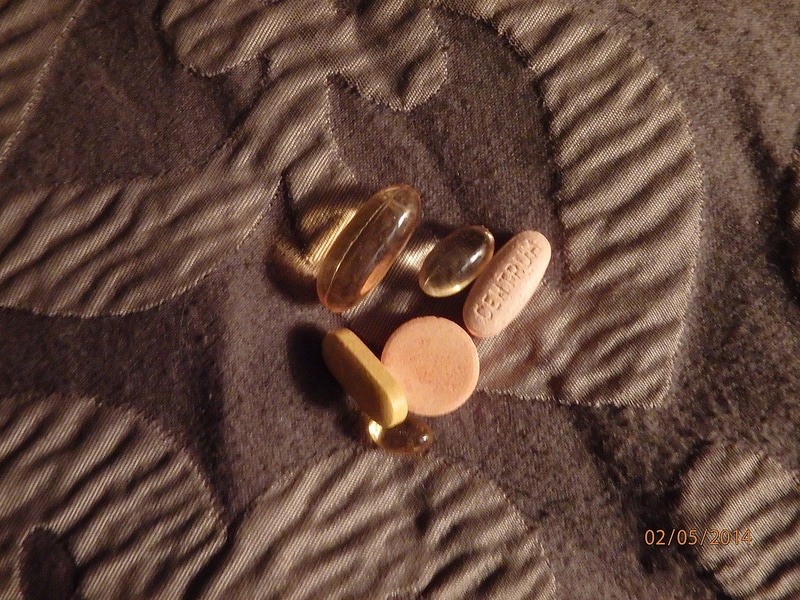

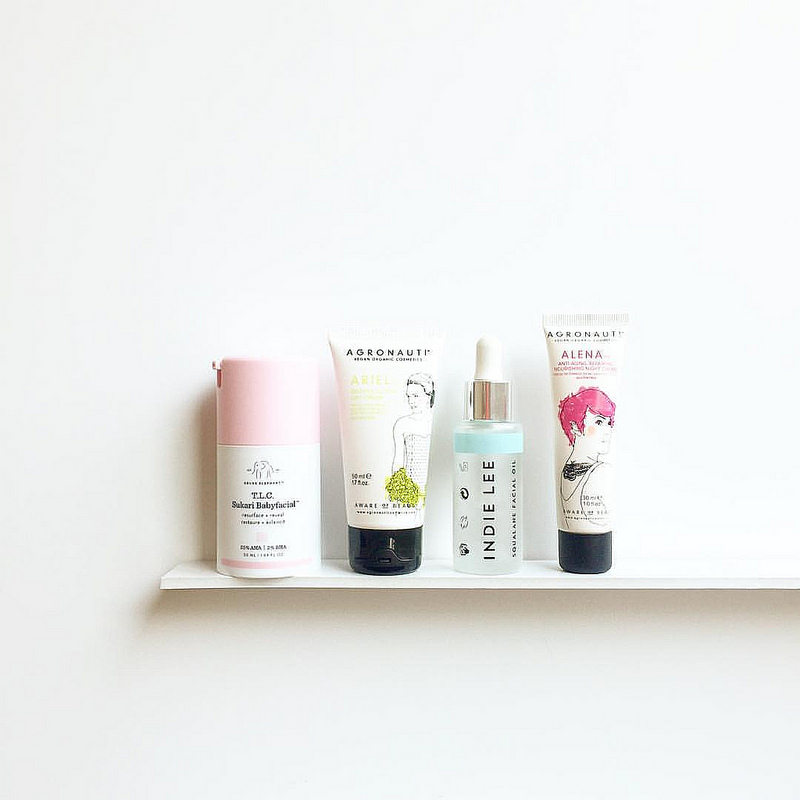

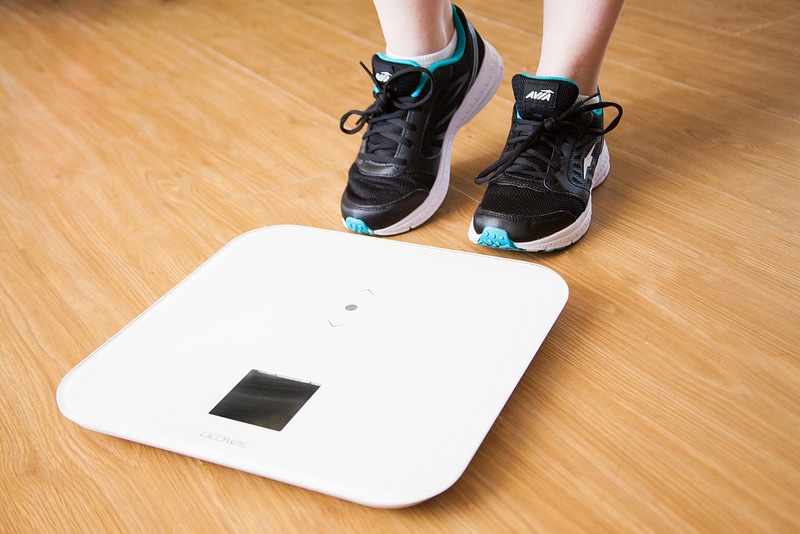

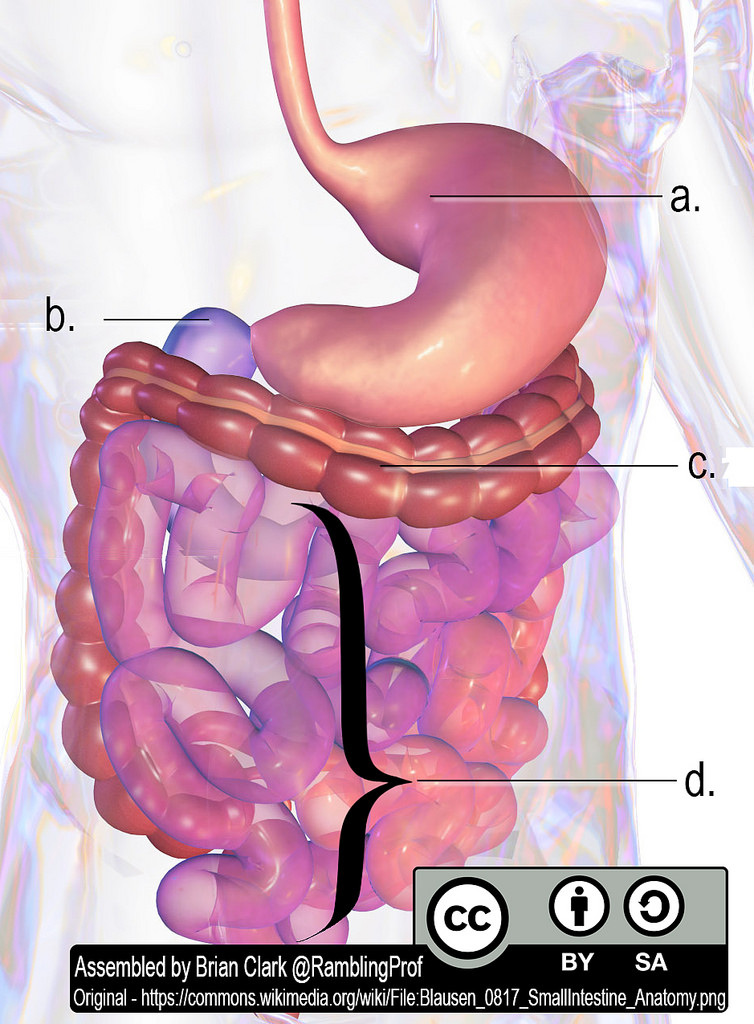







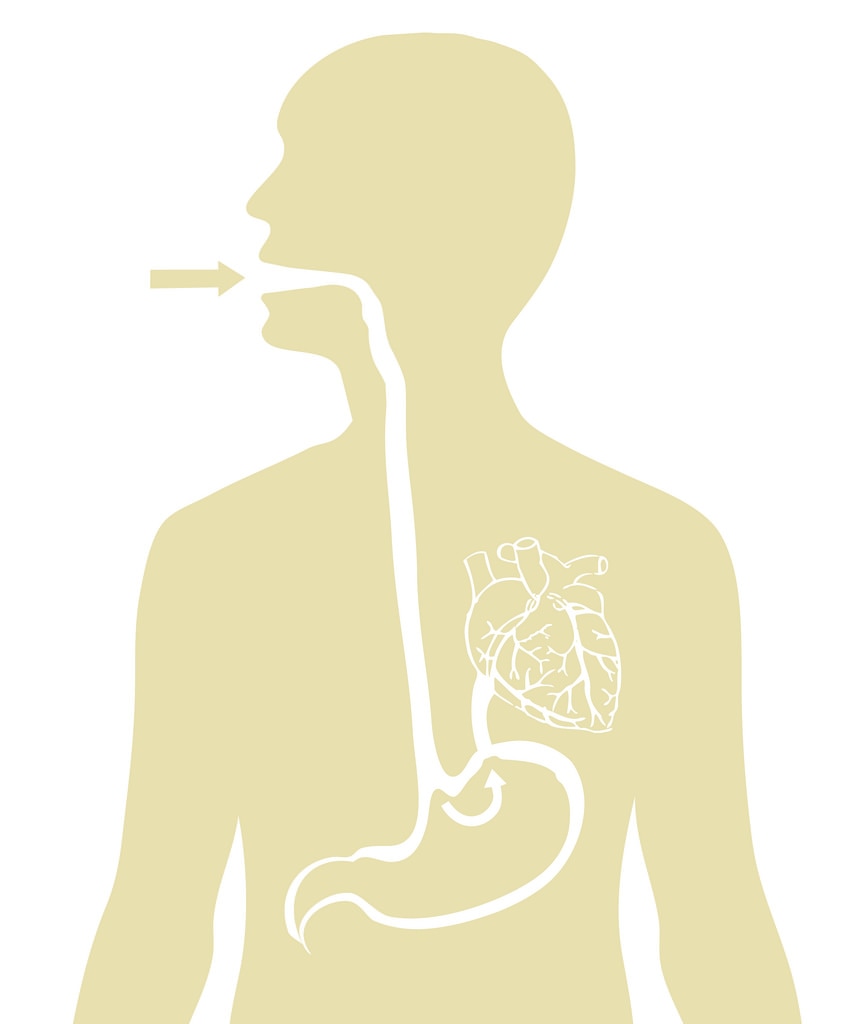







 RSS Feed
RSS Feed
